Budget assignment for education awaits Netanyahu-Gantz consensus
Tens of thousands of Israeli school children will start the academic year without the equipment they need for remote learning, which has become the new norm due to the COVID-19 pandemic.
A report by the Latet organisation says that over 50,000 Israeli schoolchildren will start the academic year without the equipment they need, adding that 20% of all Israeli school children are without a computer or the internet access required for remote learning.
Acting as an umbrella organization for 180 local NGOs across 105 communities in the country, Latet provides for the basic needs of populations living in poverty and food insecurity. The organization operates a national food bank and runs several aid and educational programs. Among its core activities, Latet distributes $30 million worth of food annually to 60,000 families in need or living in poverty.
This state of affairs stems from a lack of consensus by Israeli Prime Minister Benjamin Netanyahu and Benny Gantz over the 2020 budget, not to mention the mismanagement, at every step of the way, of the COVID-19 pandemic response.
The reopening of schools too soon, which many Israelis believe was a ruse by the regime, rushed to end the lockdown because Israel's economy was showing signs of collapse, is being blamed for the second wave of COVID-19 presently ravaging the nation.
Once again on the rise here in Israel, there's concern over the situation in Jerusalem with a school there now identified as a hotspot with a number of students diagnosed.
i24 TV
Heartbreaking hardship
Israeli students have been asked by schools to bring or use study materials like pencils, pens, coloured pens markers and notebooks, many have said that they simply don't have them. One Israeli girl told the organisation that “my friends have them”, referring to school supplies” but I don't, I always sit on the sidelines and watch my friends enjoy using what they have.”
Israel has been operating without a 2020 budget, meaning ministries must use the 2019 budget allotments, the 2019 budget does not cover the pandemic even at schools and other institutions grapple with the expenses of coping with the coronavirus, the new Israeli cabinet which was set up after a coalition deal in April, in which the only opposition join its competitor Israeli Prime Minister Benjamin Netanyahu and his right wing coalition has yet to approve a budget that includes the education ministry, the education ministry, as face criticism over concerns that the education system was unprepared for the new restrictions imposed by the pandemic.
No Toys
According to Latet Israeli kids are facing a tough time this year. The organization says that for 650,000 children this means long hours being at home, sometimes, with no air conditioner working, no toys and no summer childhood experiences.
The Underlying hurdles of the Education system
The current state of the educational system in Israel is the result of many years of neglect. This has been compounded by deep discrimination against the mainly Arab Palestinian educational system as well as pupils of a low socio-economic standing.
Data received from civil rights groups and NGOs from many localities point to an estimated 400,000 students being unable to afford to live away from home which could result in their losing a full academic year, if there is no immediate solution to this dilemma.
The problem for the students is that either they don't have computers or laptops or any technological tools to learn from their homes to learn remotely, or that they don't have a internet infrastructure in their residential areas so they cannot connect with their teachers and with their schools.
Yousef Jabareen, Memebr of Knesset
Education System Unprepared
The Education Ministry has faced criticism over concerns that the education system was unprepared for the new restrictions imposed by the pandemic.
The swift reopening of school in May has been also blamed for the resurgence of the virus, which had nearly disappeared while schools were shut.
The Israeli regime opened the school on May 17, the day a new cabinet was sworn in, leaving many to believe that the COVID-19 lockdown was politicized.
The new cabinet promised social distancing but in many Israeli schools, where up to 38 children squeeze into classrooms of about 500 square feet, 46.5 sq. metres, physical distancing proved impossible.
Unable to comply with the rules, some local authorities ignored them or simply decided not to reopen at full capacity.
Then a heat wave hit Israel. Parents then complained that it was inhumane to make children wear masks in steaming classrooms where open windows nullified the air conditioning.
This led to dozens of outbreaks across Israeli schools.
In response, the new cabinet exempted everyone from wearing masks for four days, and schools shut the windows.
That decision proved disastrous. Instead of closing on those days, the ministry made the kids stay in class and take off their masks, creating the ideal circumstances for breakouts.
Now, education ministry officials are looking into the possibility of delaying the openings of high schools in cities with high infection rates until October, after the Jewish holidays. That decision would affect 10th- through 12th-graders.
Widespread child and food poverty
One in every three children starting school this year across Israel is facing poverty according to a Latet (an Israeli humanitarian aid organization) report published earlier in September. The study revealed 52,830 Israeli first graders are presently suffering from poverty. The study found that 36% of parents confess that their children are skipping meals to help parents survive financially, moreover 26% say their children are sent to school without a packed lunch or a sandwich, some 69% acknowledge that their children lack basic school books and 75% think they won't be able to afford all the fees the school requires.
Education system setbacks worry Israelis
Yeah, it's a big, it's a big issue because right now what we're seeing is that the Israeli parliament the Knesset supposed to represent the Israeli public, and they couldn't even come up with a financial package for the education system. Although the system is in the verge of collapse in many areas, people, not enough teachers, and they won't even give teachers, the right to Sick Day of leaves if they get covid. So, the situation is very dire, and, and Israeli parliament didn't pass the resolution that gave emergency funding. There is no budget for 2020. The last budget is from a year ago. So, in fact, the situation is very bad because the government seems to be living in a different reality, and they're oblivious to the concerns of the youth of the country.
Joshua Tartakovsky, Independent Journalist
Latet is of the view that the economic crisis has hit Israel so hard that it will eventually lead to hundreds of thousands of children dropping out of school, forced to help their parents make ends meet.
Poverty isn't just learning on an empty stomach, using a cheap secondhand copy or photocopy of a textbook, it also means lacking computers or high speed internet. The education ministry has vowed to purchase computers to ensure that schools will be able to lend laptops to children who don't have access to one at home.
The ministry also promised to install one computer and one projector in each class to ensure access to digital curricula now being created. However, all those things take time, and the school year has already started.
Ethnicity vs. economic circumstances
The majority of students and families who cannot engage with the educational system are Arabs. There are at least 150,000 Arab students who cannot learn remotely, many of whom live in southern Israel where they are not recognized as legitimate citizens by the authorities and are thus excluded from national infrastructure projects and the necessary tools to run even a rudimentary school system are denied them.
No strategic plans are presented, no financial protection is provided for citizens, and the future seems to be very gloomy. So, in fact, instead of leading the efforts to face basically the financial crisis and the to approve the budget, and to continue ahead with the financial plans to support the citizens. People are witnessing some kind of chaos and there is no actual leadership in this government to basically to face the current crisis.
This is a new situation. And I believe that the people will continue to go out to demonstrate. We are witnessing also serious violence on the part of policemen against the demonstrators; the Israeli government has also enacted a law that prohibits demonstrations, in an attempt to try to prevent the demonstrations in front of Netanyahu’s house. I think this is a clear attack on the basic freedoms and the basic rights of Israeli citizens and this is also part of the reason for the outcry and the protest that we are witnessing all over the country.
Yousef Jabareen, Memebr of Knesset
These numbers are not extreme for a third world country. But what is puzzling about Israel is the fact that this country regarded itself as a rich and developed country, what we see, again, is a society that is breaking to its elements, a society that doesn't respect itself, a society that is, is careless of its poor and it shouldn't take anyone by surprise.
Gilad Atzmon, Author and Political Analyst
It never rains but it pours
Israel has another problem. To pull off its plan to reopen schools safely, Israel needs to hire 50,000 new teachers, among other looming challenges, some Israeli educators including new teachers are ill equipped to handle the job at such a particularly difficult time.
Teachers do not want to return to schools because of the outbreak. This means even after the lockdown too, in fact thousands of teachers have already gone on strike, and many more threatened to strike over the failure to agree upon a solution for high risk staff members, while the national parents union has said it would advise parents not to send their children to school for the foreseeable future.
The union cites lack of preparedness for teaching during the COVID-19 pandemic. The union is demanding full sick pay for those unable to work due to the pandemic. The Israeli Treasury is proposing furloughing said staff members or allowing them to retire.
What the papers say
The Jerusalem Post
A new report says that the Israeli regime has given the green light to military intelligence to receive information on civilians, the approval, a general permit for information disclosure, will allow the Military Intelligence Directorate to receive any information that the tax authority may have on every single citizen, and for any purpose, according to the reports.
I 24 News
The Organisation for Economic Cooperation and Development or the OECD has urged Israel to immediately adopt a series of financial measures as its economy continues to spiral downward due to the CIVID-19 pandemic. The OECD suggestions included financial support for struggling businesses, education, to stimulate competition and help Israelis find employment in order to stem its economic decline.
Why nets news
The Knesset or Israeli parliament has passed the first reading of a bill to tighten coronavirus restrictions, which crack down on public protests. The bill also targets public prayers. Israel is already under a less stringent lock down that came into effect recently, with limits placed on commercial and social gatherings as well as cultural events in an effort to reduce the number of daily COVID-19 infections that in recent days has hovered around an alarming 8000 mark.
Arutz Sheva
Prime Minister Benjamin Netanyahu has developed a reputation among the staff at the US president's guesthouse for bringing special cargo on his trips to Washington bags and suitcases full of dirty laundry, the clothes are clean for the Prime Minister free of charge by the US staff.
VIDEO | Political pressure and Trump’s peace options
Iran’s uneven fight against US-led financial firewall
Iran joins club of countries with 110 advanced cell therapy products
Zelensky seeks 20-year US guarantee to ink Ukraine-Russia peace deal
VIDEO | Press TV's news headlines
Iran says ball in US court to prove seriousness about making deal
Austrian press casts Iranian ties as threats, spotlighting bias and selective freedom
Munich 'circus' excludes Iran’s elected representatives, platforms ‘regime change’ lobbyists


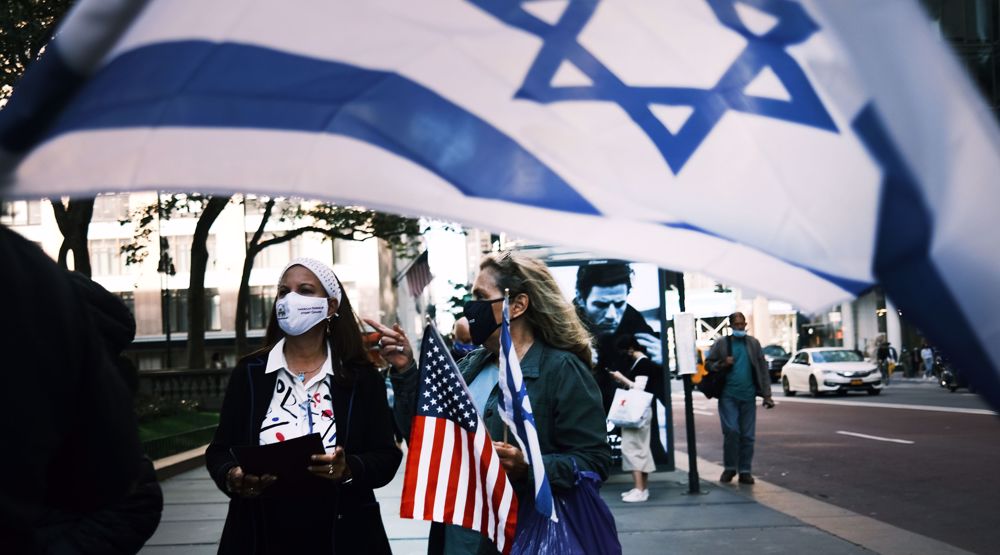






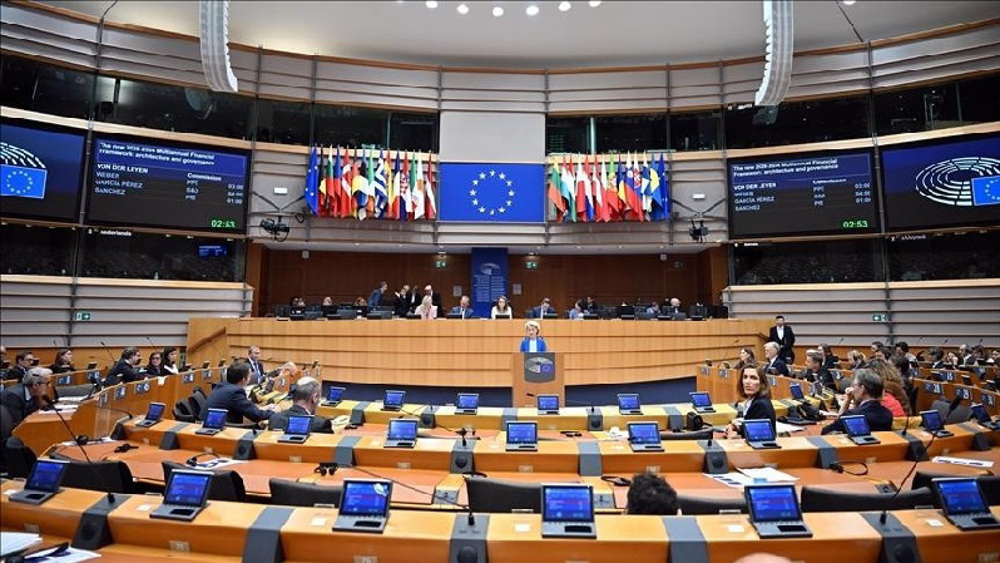
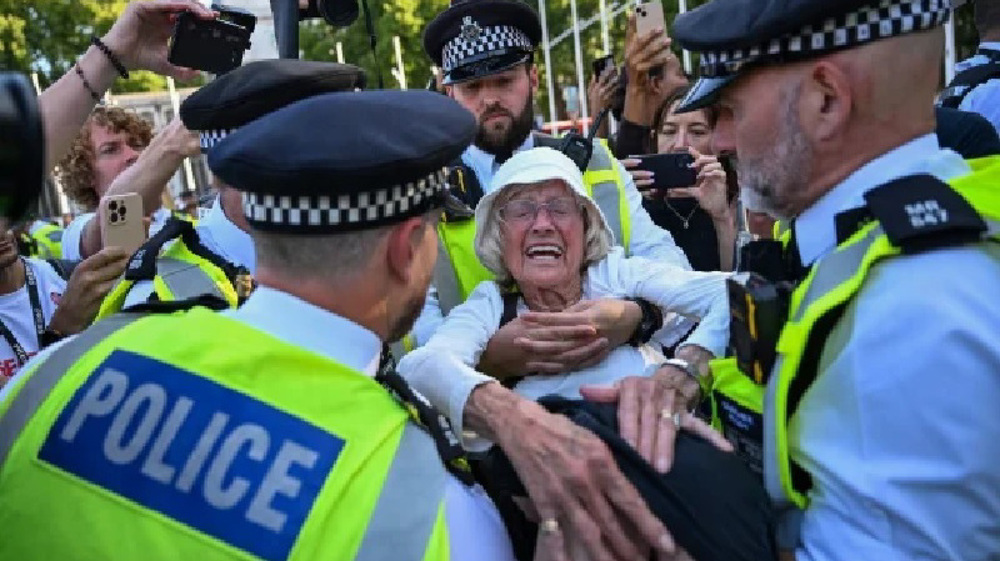




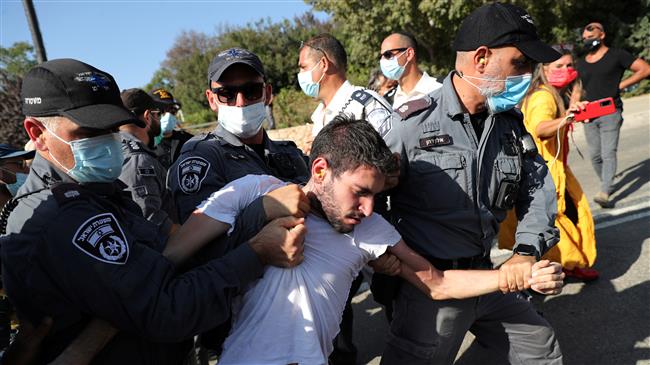
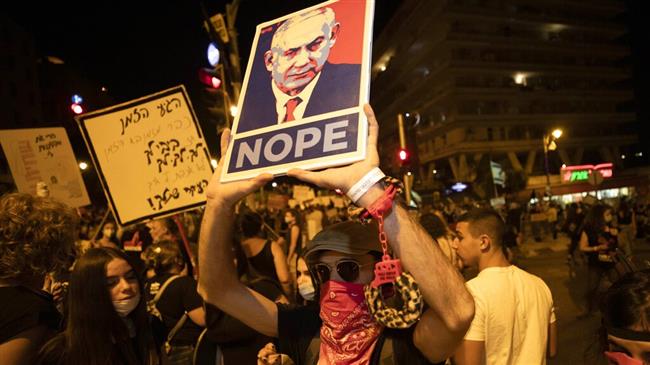
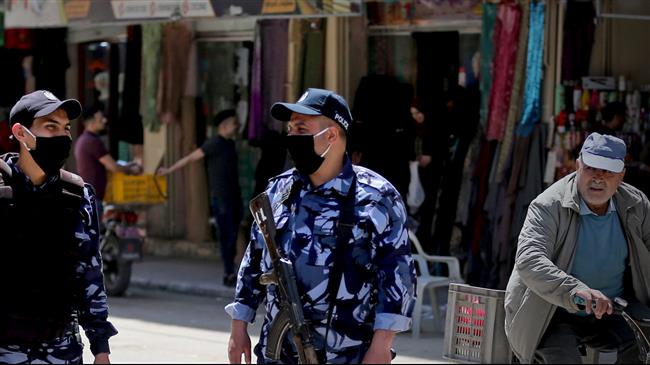
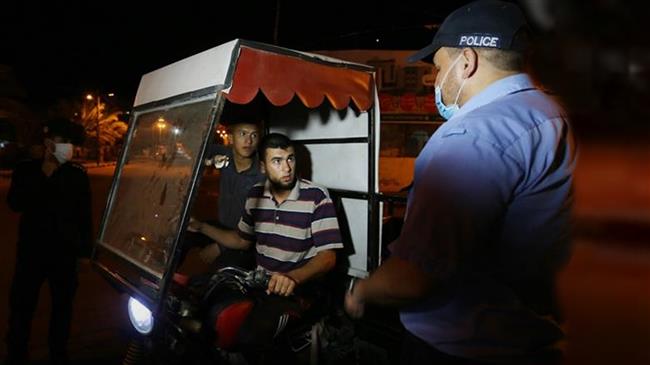

 This makes it easy to access the Press TV website
This makes it easy to access the Press TV website